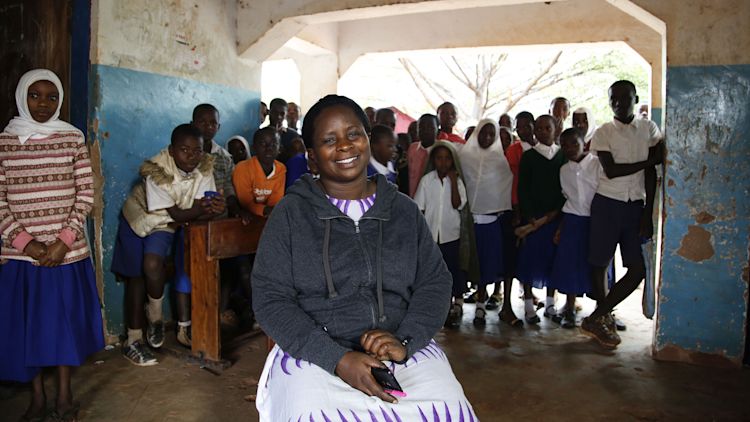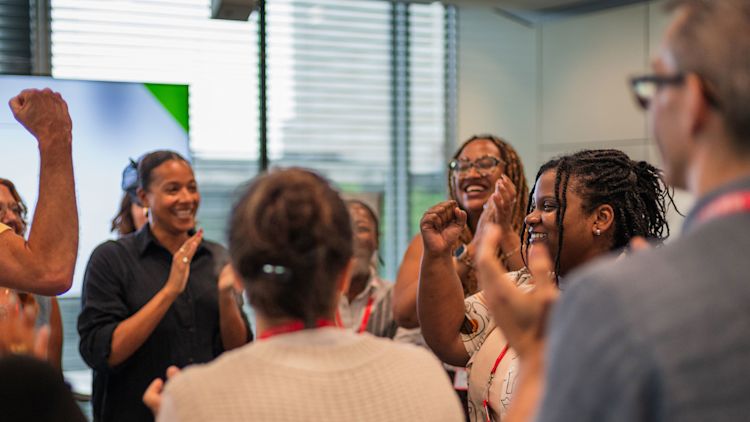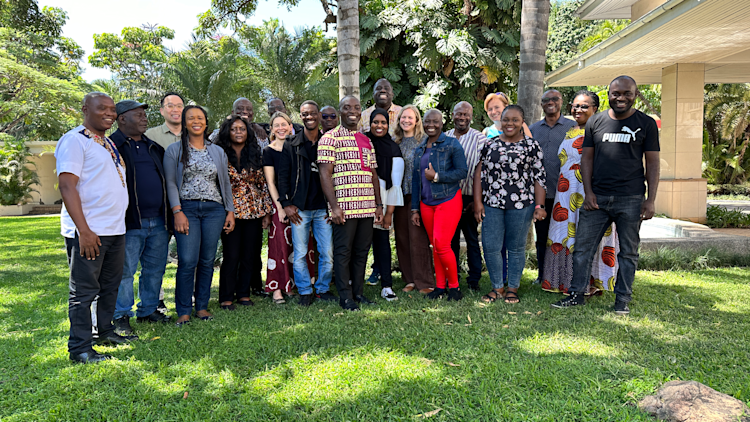
Today marks World Malaria Day, and this year we’re are shining a light on the progress that has been made in the fight against malaria. You don't often hear good news about malaria. So here's some - between 2000 and 2015, the rate of people dying from malaria dropped by 62% worldwide. More people are surviving the disease than ever before.
Yet despite this progress, malaria remains one of the world’s biggest killers, responsible in 2015 for the deaths of an estimated 292,000 children under five in Africa. Controlling malaria is a fight we can’t give up on.
Comic Relief is working with partners like GSK, The Global Fund and the Bill & Melinda Gates Foundation to build on the progress made, and to help prevent more lives being needlessly lost to malaria. We work with communities to test, track and treat malaria and support projects that raise awareness about how to prevent malaria and how to recognise the danger signs so they can seek care early. We also work with health providers to bring services closer to the community. This helps saves lives by ensuring people get the right treatment, in the right place, at the right time.
Our malaria funding has so far helped over 11 million people in Africa and since Comic Relief began, we’ve helped distribute over 3,900,000 insecticide-treated nets to help protect people from malaria.
Meet Nsaje
Nsaje is a teacher at a secondary school in Tanzania. Each day, as many as five students can be absent due to malaria and since she began teaching two of her students have died as a result of malaria.
But thanks to projects like Tanzania Communication and Development Center (TCDC), who are funded through the Comic Relief and GSK partnership, Nsaje can begin to see the malaria situation in her community getting better. TCDC trains volunteers to go into schools and teaches children about malaria and how to protect themselves.
‘These [TCDC] volunteers are really helping. They come into school, the kids get so excited, they want to learn, they want to listen to them and they get to ask them questions when it comes to malaria.’
Watch Nsaje share more about the challenges she faces in her school because of malaria here(opens in new window).


